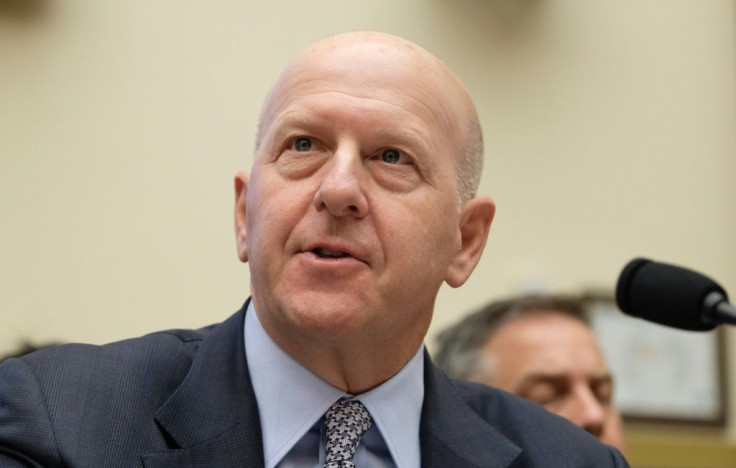Climate Change News: Goldman Sachs Rejects Arctic Oil, Gas Exploration, Touts Sustainable Projects Instead

Goldman Sachs says it won’t finance new oil projects in the arctic, and thermal coal mine and power plant development as part of an overhaul of its environmental policies.
The investment bank also said on its website it would not participate in any projects that “significantly convert or degrade a natural habitat.”
Today, sustainable finance is no longer on the sidelines, but increasingly core to a company’s business. That’s why we are targeting $750 billion in sustainable finance by 2030. Learn more: https://t.co/XlpfbBIz8l #GSsustainability pic.twitter.com/mofnazNxdN
— Goldman Sachs (@GoldmanSachs) December 16, 2019
The announcement came following the end of the Madrid climate summit and sent Goldman Sachs Group Inc. (GS) stocks up more than 2% in early trading Monday.
The announcement Sunday takes it out of new projects in Alaska’s National Wildlife Refuge, something President Trump has been pushing.
“Today, sustainable finance is no longer on the sidelines, but increasingly core to a company’s business,” Goldman said, adding, “We are committed to helping our clients position themselves for a future in which sustainability is core to all industries and integrated across markets.”
Goldman said it would invest $750 billion in sustainable energy, transportation, agriculture, waste and ecosystem projects by 2030.
In an op-ed in the Financial Times, Goldman CEO David Solomon said the “worst impacts of climate change” will have vast negative consequences on the economies of the world.
“There is not only an urgent need to act, but also a powerful business and investing case to do so. That gives me hope for what we can achieve and conviction that financial institutions can play a critical role,” Solomon wrote, adding he supports carbon caps, taxes and whatever else it takes to reduce emissions.
“Our firm’s long-term financial success, the stability of the global economy and society’s overall well-being all depend on it,” he concluded.
Trump signed legislation opening up the Arctic National Wildlife Refuge to oil and gas exploration, and the administration wants to grant leases on the coastal plain, threatening the polar bears, wolves, migratory birds and Porcupine caribou that inhabit the area. The viability of the area already is threatened by climate change, warming twice as fast as the global average, leading to rising sea levels and rain patterns.
Goldman is the first major U.S. bank to make the pledge, following the lead of more than two dozen banks globally, including UniCredit, Royal Bank of Scotland and Barclays.
The Sierra Club hailed Goldman’s announcement.
“Drilling in the Arctic Refuge would permanently destroy the primary food source of the Gwich’in people, our culture, and our way of life,” said Bernadette Demientieff, executive director of the Gwich’in Steering Committee. “The Trump administration may have made up their minds about selling off this sacred place, but the fight is far from over. We’re glad to see Goldman Sachs recognize that the Arctic Refuge is no place for drilling, and we hope that other banks, and the oil companies they fund, will follow their lead.”
Climate advocates say global warming needs to be limited to 1.5 degrees Celsius (1.8 degrees Fahrenheit), the target laid out in the Paris climate accord, to avoid disaster.
This is not the first time Goldman has rejected oil and gas exploration in the Arctic. In a 2017 note, its experts said there is “almost no rationale for Arctic exploration,” calling it “immensely complex [and] expensive.”
© Copyright IBTimes 2024. All rights reserved.






















